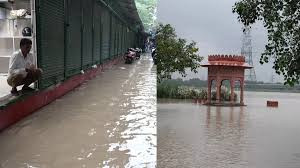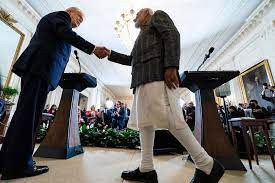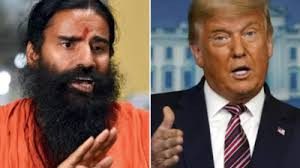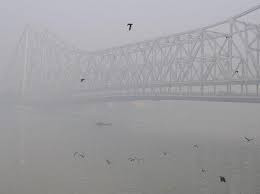India's Strategic Response to Pakistan's Suspension of the Simla Agreement
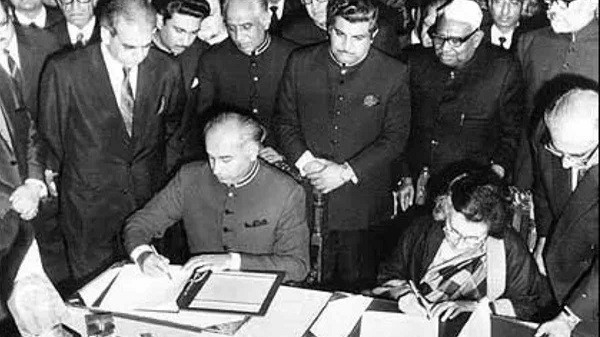
IIE Digital Desk : Pakistan announced the suspension of the 1972 Simla Agreement, a cornerstone of bilateral relations with India, following a deadly terrorist attack in Pahalgam, Kashmir, that claimed the lives of 26 civilians, including 25 Indian tourists and one Nepalese national. The attack, attributed by India to Pakistan-based militants, has led to a series of retaliatory measures from both nations, raising concerns about the stability of the region.
The Simla Agreement, signed by then Indian Prime Minister Indira Gandhi and Pakistani President Zulfikar Ali Bhutto, established a framework for the peaceful resolution of disputes, including the Kashmir issue, through bilateral negotiations. It also emphasized the rejection of third-party mediation. Pakistan's decision to suspend this agreement marks a significant shift in its foreign policy and has been met with strong reactions from India.
In response to the Pahalgam attack, India has taken several decisive actions. The government has temporarily suspended the Indus Waters Treaty, a 1960 agreement that regulates the sharing of river waters between the two countries, citing Pakistan's support for cross-border terrorism. Additionally, India has downgraded diplomatic ties, expelled Pakistani military advisers, and closed the Wagah-Attari border, the only land route between the two nations. These measures underscore India's commitment to safeguarding its sovereignty and security interests.
The suspension of the Simla Agreement and the subsequent retaliatory actions have brought the two nuclear-armed neighbors to the brink of conflict. Analysts warn that the breakdown of such longstanding treaties removes vital safety nets that have helped manage past crises between the two nations. The situation remains fluid, with both countries on high alert and international calls for restraint intensifying.
The international community watches closely, urging both India and Pakistan to engage in dialogue to de-escalate tensions and prevent further loss of life. The coming days will be critical in determining the trajectory of India-Pakistan relations and the prospects for peace in the region.
You might also like!







